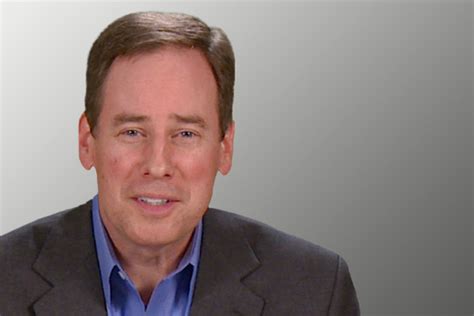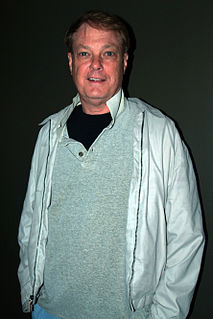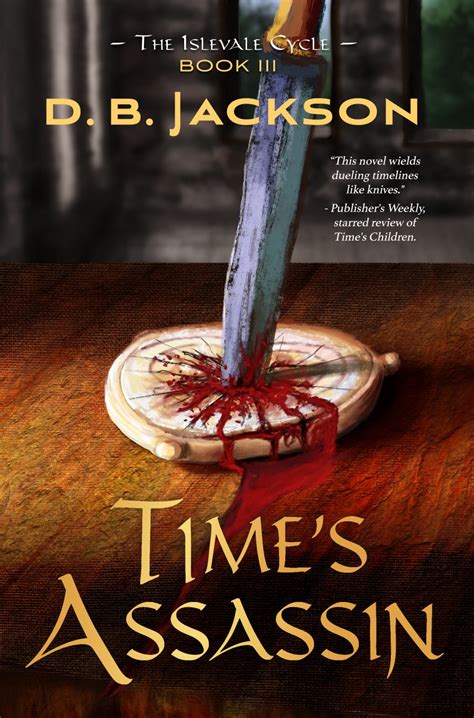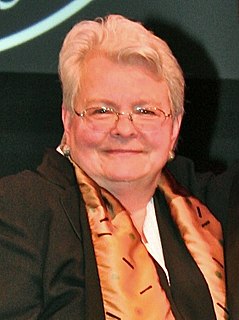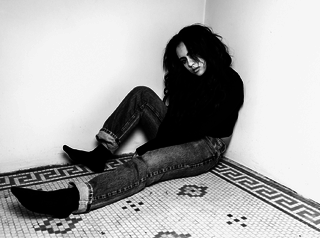A Quote by Jodi Picoult
It's a fallacy that writers have to shut themselves up in their ivory towers to write. I have all these interruptions, three of which I gave birth to. If I was thrown for a loop every time I was distracted I could never get anything done.
Related Quotes
My advice to young writers would be to write every day, even if it is only a few words. Get yourself on the habit of writing and it will become a lifelong one. And find a place to write where you are physically comfortable. You can't concentrate if you aren't. Ernest Hemingway could only write standing up, and Truman Capote could only write lying down!
The trap into which all writers have, will, or should fall into, of writing The Great American Watchamacallit, is such an uncluttered and inviting one that from time to time I'm sure even the greatest have to pull themselves up short by the Shift key to remind themselves that it is story first that they should write.
Too often we get distracted by what is outside of our control. You can't do anything about yesterday. The door to the past has been shut and the key thrown away. You can do nothing about tomorrow. It is yet to come.
However, tomorrow is in large part determined by what you do today. So make today a masterpiece. You have control over that.
I would love to do Doc again, no question. It's tough to come up with an idea that contains the excitement of the original three. So it would be a real challenge for the writers to come up with an original 'Back to the Future' story that has the same passion and intensity and excitement as the other three. But it could be done. You never know.
I’m going to kill myself. I should go to Paris and jump off the Eiffel Tower. I’ll be dead. you know, in fact, if I get the Concorde, I could be dead three hours earlier, which would be perfect. Or wait a minute. It -- with the time change, I could be alive for six hours in New York but dead three hours in Paris. I could get things done, and I could also be dead.
Stand-up life is really hard. At one point, I got so paralyzed I could write five screenplays before I could write three jokes for stand-up. Later, I've finally allowed myself to relax quite a bit, to think I can do it because I've done it in the past. The pressure to come up with the material is the same but the anxiety about whether I can do it is gone.
I hadn't ever worked with an 'editor' until I was 26 - although that could be partly chalked up to the MFA vs. NYC thing, where I came up through institutions that encouraged writers to write privately for a long, long time and not sully themselves with concerns about audience or the business side of writing.


